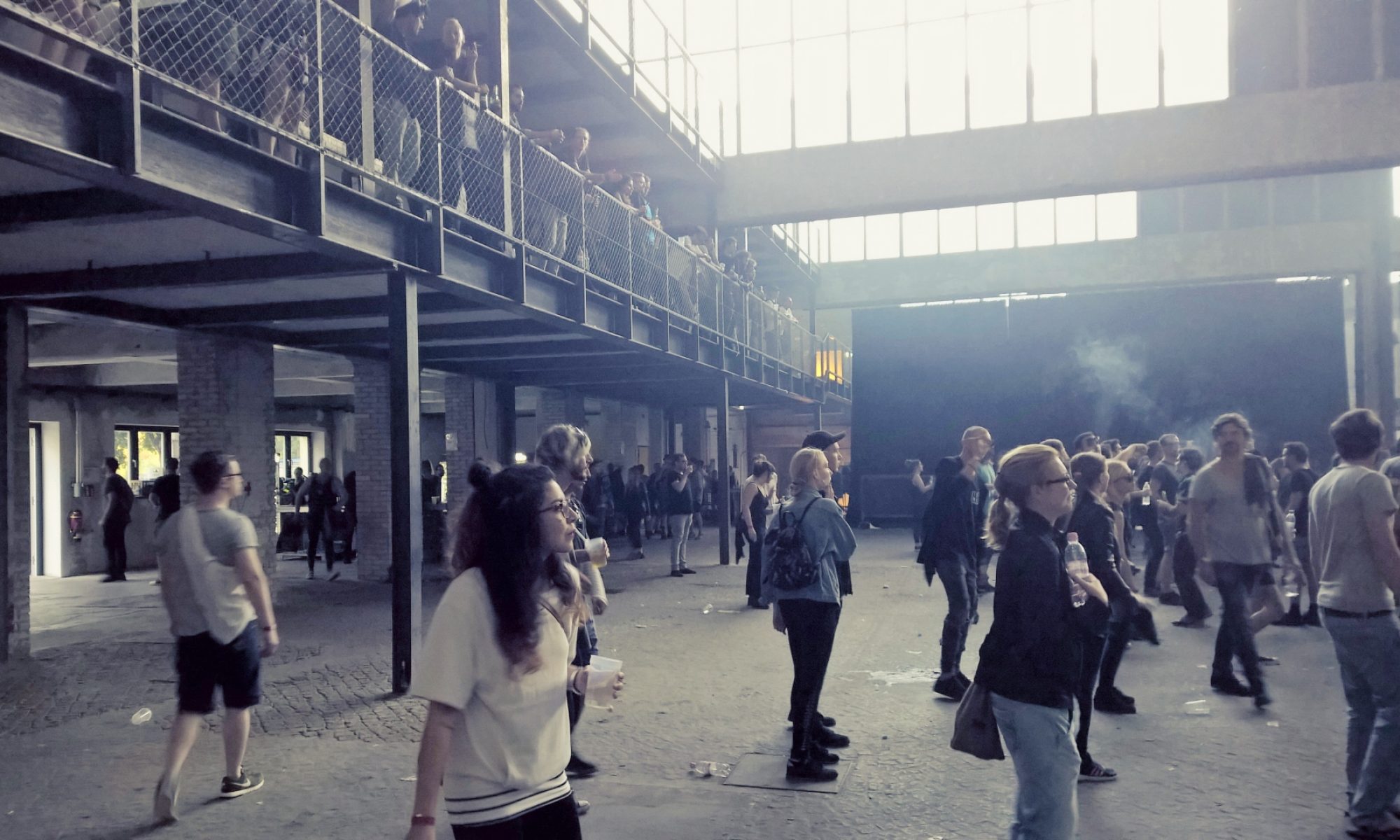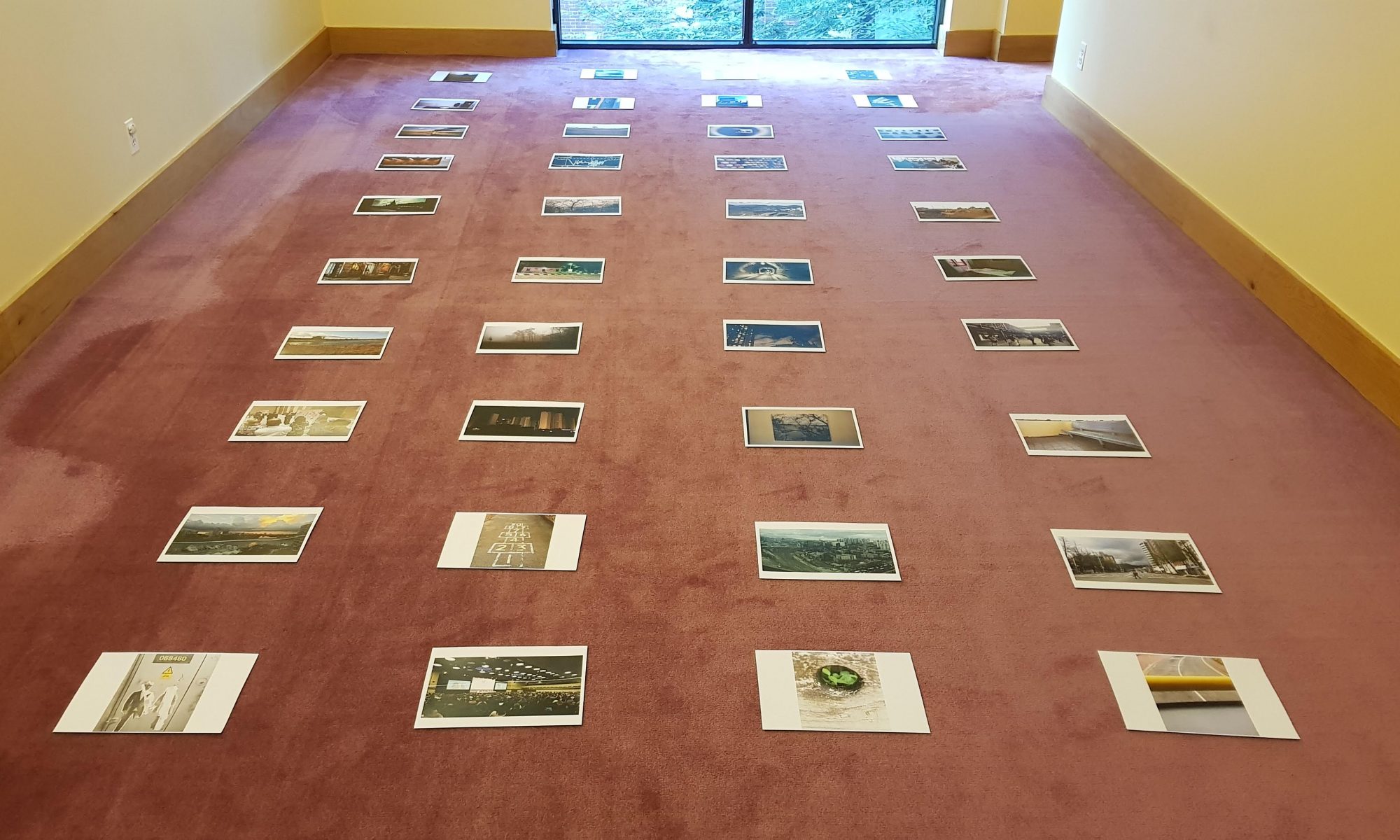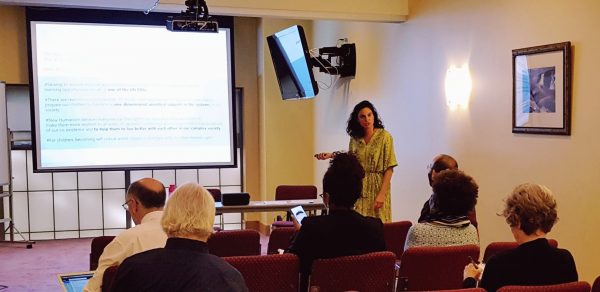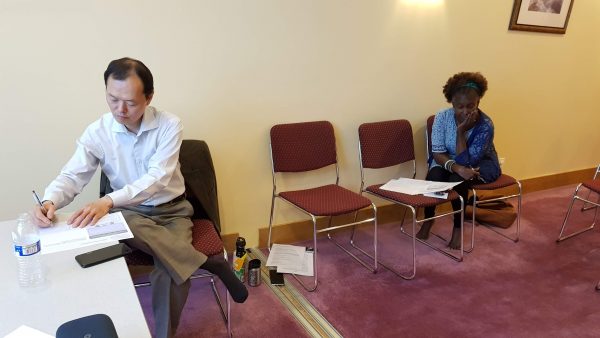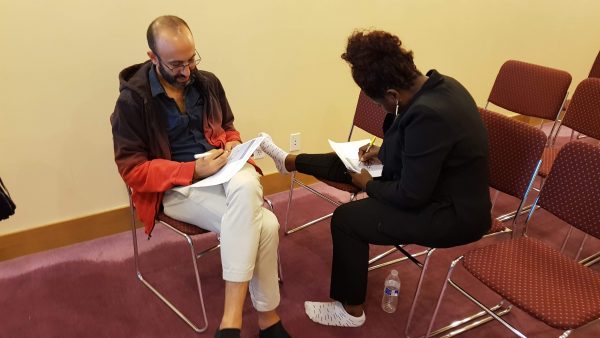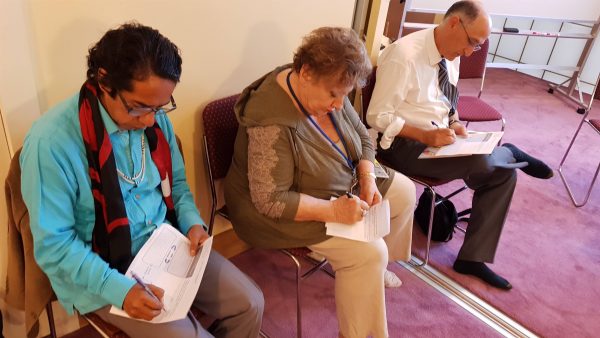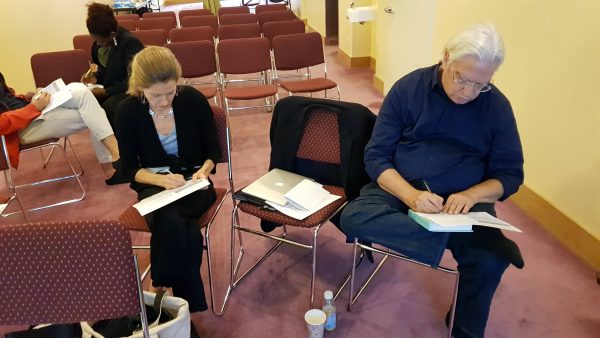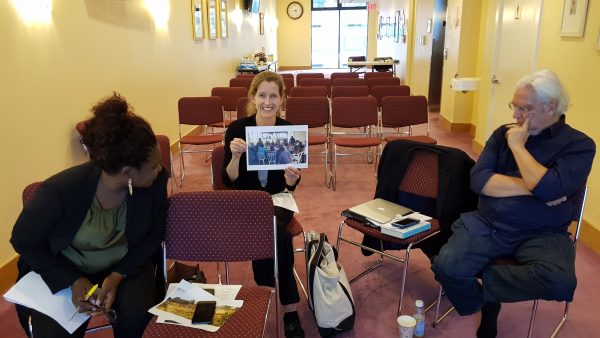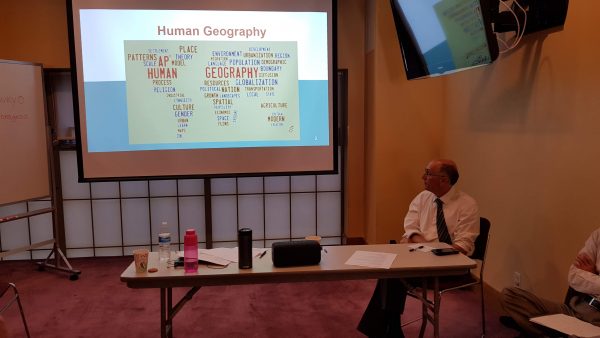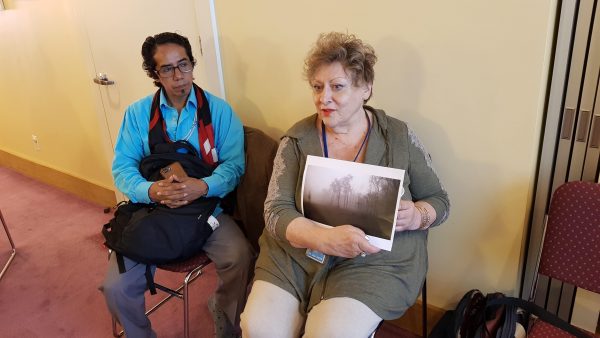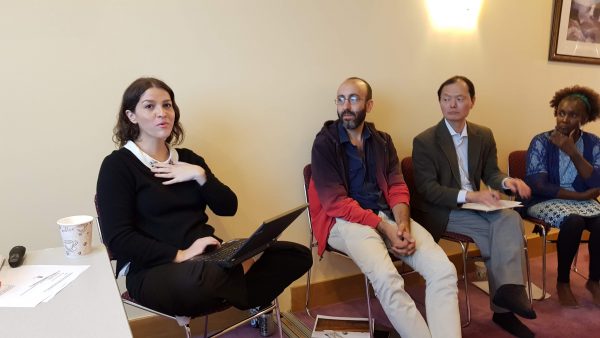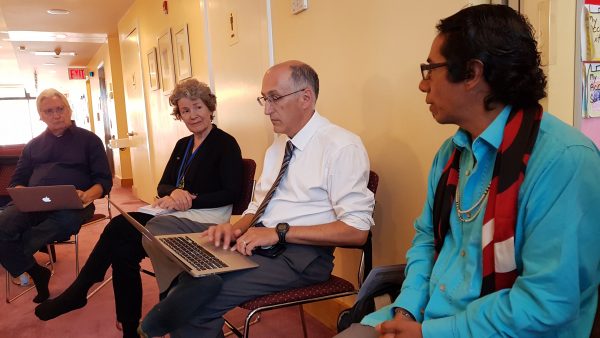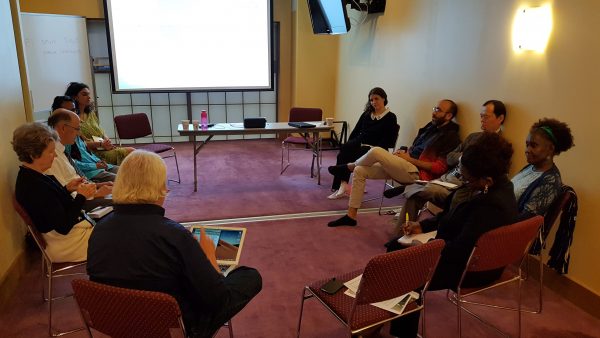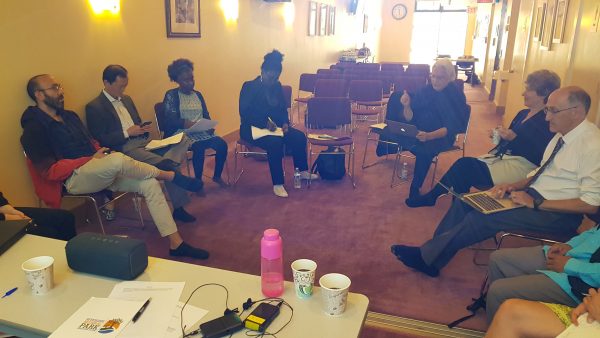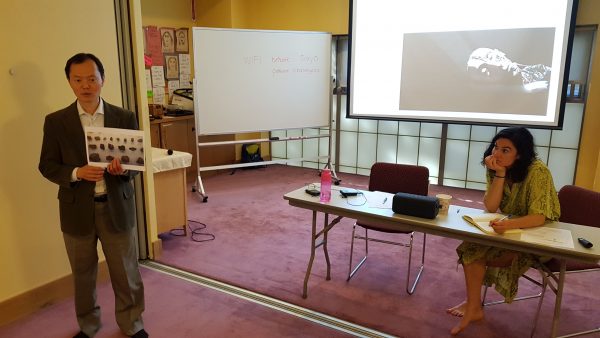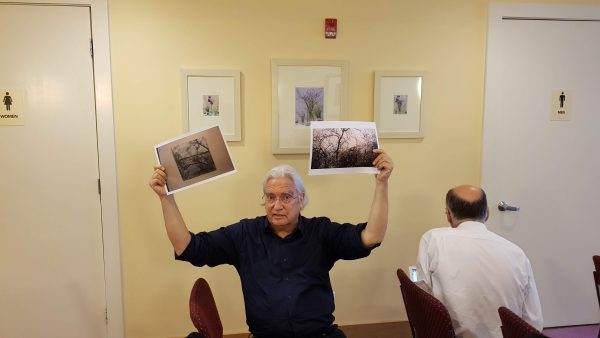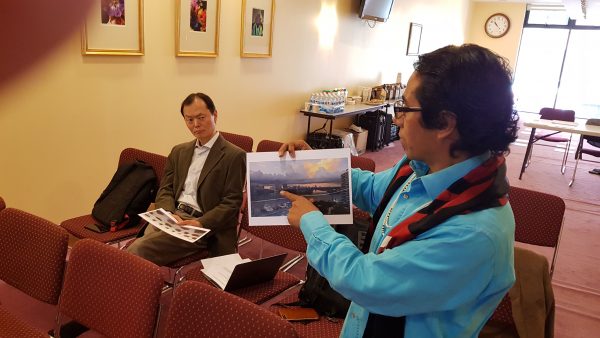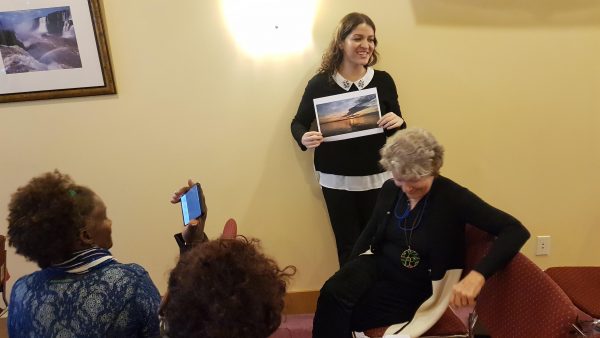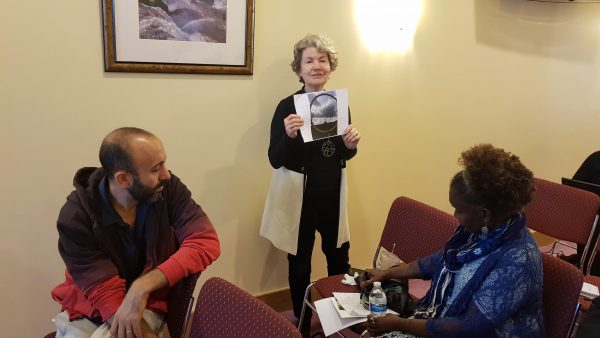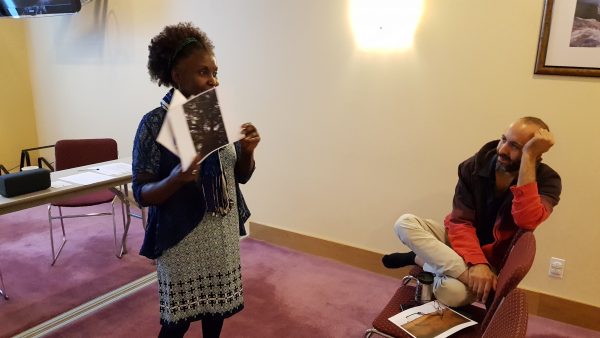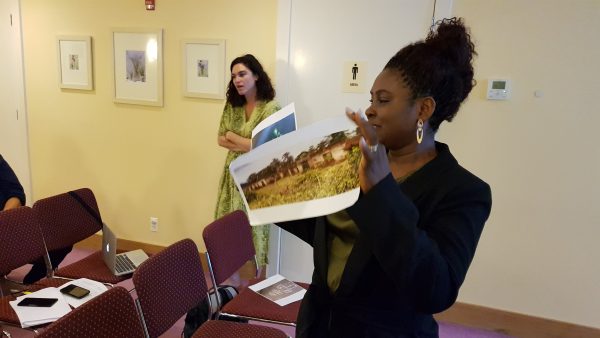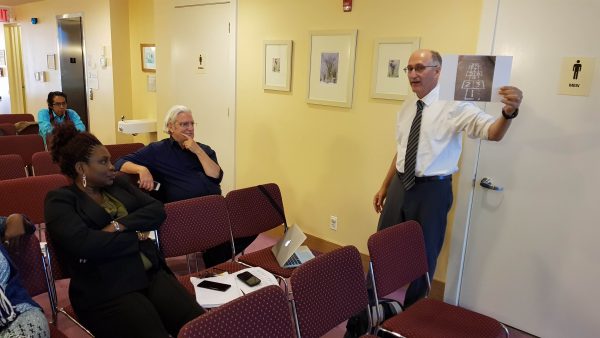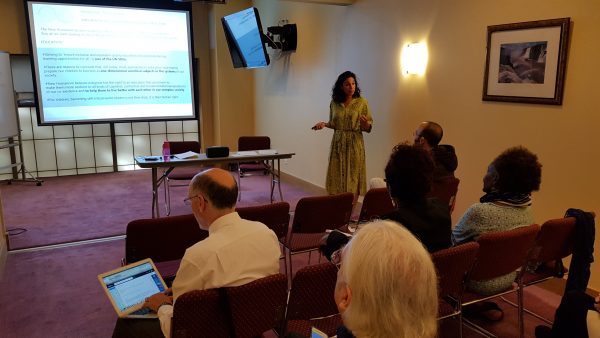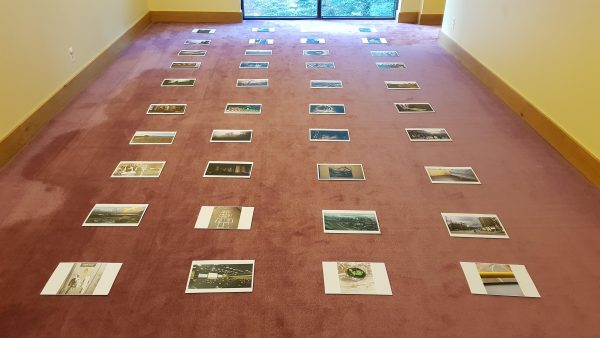This dialogue on the meaning and value of cosmopolitanism as capacity and ethical competence was an initiative of the New Humanism Project team, hosted at the Sukyo Center New York and with support of UNITY EARTH, The Interspiritual Network, the National Ethical Service, the World Council of Peoples for the United Nations and the Forum 21 Institute.
Starting questions
What kind of education do our children need to make them more resilient to all kinds of capitalist, conformist and fundamentalist manipulations of our co-existence and to enable them to become self-reflexive, open and tolerant cosmopolitans or ‘world citizens’ capable of living better with each other in our complex society?
What is ethical competence?
Introduction
> the idea of cosmopolitanism as capacity
The United Nations Sustainable Development Goals initiative has education as one of the main goals, striving to ‘ensure inclusive and equitable quality education and promote lifelong learning opportunities for all’. Consequently, from out of the New Humanism Project, we want to reflect on what education for sustainable development would need to be today and tomorrow, taking into account equality in terms of access to education and the fact that the spirit of the Sustainable Development Goals is universal, independent as it is from national, cultural, religious or ethnic context.
The basic idea proposed and elaborated in the workshop is that education should help any child and adolescent to become a self-reflexive, open and tolerant cosmopolitan or ‘world citizen’. There are reasons to conclude that, still today, most approaches to education now mainly prepare our children to function as one-dimensional uncritical subjects in the political, economic, social and spiritual systems of our society. Children and adolescents have the right to be educated differently, with the aim to make them more resilient to all kinds of capitalist, conformist and fundamentalist manipulations of our co-existence and to help them to live better with each other in our complex society. In other words: they deserve an education that enables them to think and act beyond the various comfort zones of power and profit strategically maintained in our society. As a consequence, the chances are bigger they would become more reflexive, responsible and tolerant adults later on.
> a proposal for a curriculum and an educational toolkit
To make matters more concrete, we want to invite all relevant actors (civil society representatives, policy makers, activists, academics, …) to discuss this idea and its motivation, and to reflect with us on the possibility, need and feasibility of developing a universal curriculum and an educational toolkit that can be used as reference for first, secondary and higher education anywhere in the world.
and this on the following topics:
– Ethics.
– Equality.
– Worldviews.
– Human rights.
– Human ecology.
– The experience of art.
– Religion in its social context.
– Spirituality and interspirituality.
– What can and should democracy be?
– Science and technology in its social context.
– What can and should sustainable development be?
– What can and should a responsible market economy be?
– The possibility of tradition, creativity, transition and innovation.
> the idea of ethical competence
In addition to a curriculum of topics, the form of education is also essential. Whatever the level, setting or stage in the development of our children and youth, education should be organised as dialogue and mutual learning wherein teachers act more as moderators and facilitators than as providers of knowledge. This form of education can help (young) people to develop an ethical competence. We think ethical competence can be understood as ‘the ability to apply specific skills and attitudes to help orient your ethical sense’. That competence would consequently allow one to judge on ethical issues and to make ethical choices in dialogue with others. Important to note is that nobody can acquire that ethical competence alone. It can be developed through continuous dialogue with others, and obviously that dialogue should start at young age when one is most vulnerable for these capitalist, conformist and fundamentalist manipulations mentioned above. For children, becoming self-critical world citizens and developing ethical competence is not their duty, it is their human right.
Participants
Itam Abang,
Mindahi C. Bastida Munoz, Center for Earth Ethics
Scott Carlin, NGO Steering Committee for an International Day of Education for Global Citizenship
Phyllis Hackett, US National Ethical Service
Nava Kavelin, The Baha’i International Community
Martha Gallahue, United Nations with United Religions Initiative / The American Ethical Union
Karenna Gore, Center for Earth Ethics
Kurt Johnson, UNITY EARTH / The Interspiritual Network
Sherrill Kazan, World Council of Peoples for the United Nations
Ken Kitatani, Forum 21 Institute
Gaston Meskens, The New Humanism Project
Michael Thomas Petralia, Honest Hands
Silke Van Cleuvenbergen, The New Humanism Project
.
.
Agenda
09:00 – 09:30 / Welcome & coffee
09:30 – 10:00 / Introduction
The New Humanism Project
Gaston Meskens, the New Humanism Project
Introducing the workshop on (education for a) Cosmopolitanism beyond Comfort Zones
Silke Van Cleuvenbergen, the New Humanism Project
10:00 – 11:00 / Open dialogue among participants on
the idea of cosmopolitanism
moderator: Gaston Meskens, the New Humanism Project
11:00 – 11:15 / Coffee & refreshments break
11:15 – 11:45 / Keynote 1 + Q&A
The Change Dilemma: Is global culture destined to pendulum-swing, back and forth, between organismic and reductionistic views of society? If not, why? Can we really make changes “at scale”, and if so, how?
Dr. Kurt Johnson (Forum 21 Institute, The Interspiritual Network and UNITY EARTH) examines recent views voiced in The Convergence magazine and on The Convergence on VoiceAmerica by Ken Wilber, David Sloan Wilson, Ervin and Chris Laszlo, and others
11:45 – 12:15 / Keynote 2 + Q&A
Education for Individual and Collective Flourishing
Nava Kavelin, Principal Researcher
The Baha’i International Community
12:15 – 13:15 / Lunch (at the workshop venue)
13:15 – 14:00 / Discussion among participants on
a proposal for a form of education, a curriculum and an educational toolkit
moderator: Silke Van Cleuvenbergen, the New Humanism Project
14:00 – 14:30 / Keynote 3 + Q&A
Education for Global Citizenship: A Global Compact to Leave No One Behind
Scott Carlin, PhD
Co-Chair, NGO Committee for an International Day of Education for Global Citizenship & Associate Professor of Geography, Long Island University
14:30 – 14:45 / Coffee & refreshments break
14:45 – 15:15 / Keynote 4 + Q&A
A holistic approach to ethics and education
Ken Kitatani
Forum 21 Institute
15:15 – 16:30 / Working session and discussion on
the meaning and value of ethical competence
moderators: Silke Van Cleuvenbergen & Gaston Meskens, the New Humanism Project
16:30 – 17:00 / wrap up, what happens next and goodbye
moderator: Gaston Meskens, the New Humanism Project
.
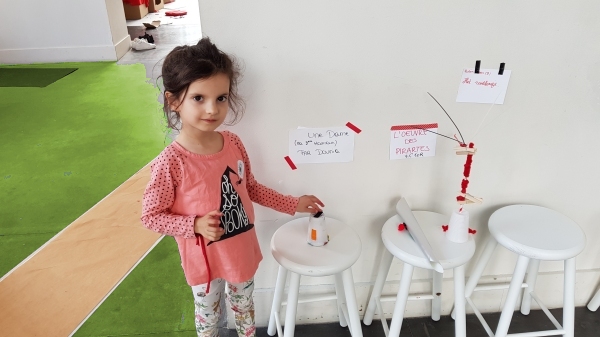
Children have the intellectual capacity to deal with the complexity, uncertainty and ambiguity of life. They make sense of it all through self-constructed stories and satisfy their curiosity by asking questions. At the same time, they are vulnerable as they lack experience and insight to distinct what is true from what is fake when it really matters. They deserve an education based on philosophical dialogue and art as an interactive experience. (photo: a child making art in an installation made by RASA, a Belgian organization that brings children into contact with contemporary art; photo © Gaston Meskens)
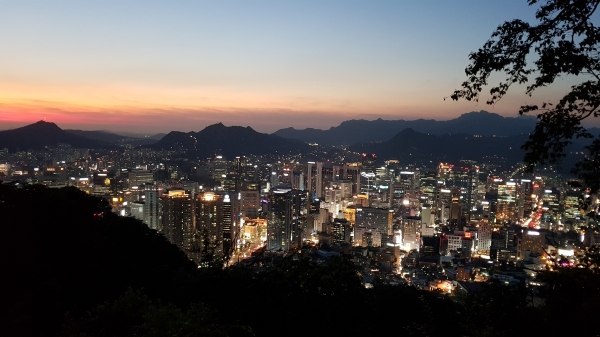
Cities are condensed places of co-existence in our society. Aspects of diversity (origin, color, gender, ideas, views, wealth, …) become more apparent and therefore challenging. However, these challenges are also possibilities. History has shown that cities can be meeting and breeding places for social, political, philosophical and artistic ideas and for dialogue around them. Therefore, experiencing city life is as important for children as experiencing nature. (photo: Seoul skyline from Seoul Mountain; photo © Gaston Meskens)
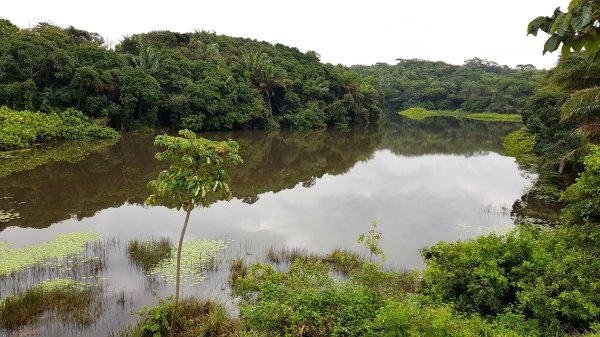
For us, as human beings, nature is our natural habitat. Nature can never be hold accountable for itself. We are responsible for what we do with it. There is nothing wrong with an anthropocentric view on nature (we cannot ‘escape’ from out of our own perspective). It’s important to tell our children about the value of nature and biodiversity, but also that we simply have to behave as responsible anthropocentrists, towards nature and towards each other. (photo: a pond near the city of Salvador, Brazil; photo © Gaston Meskens)
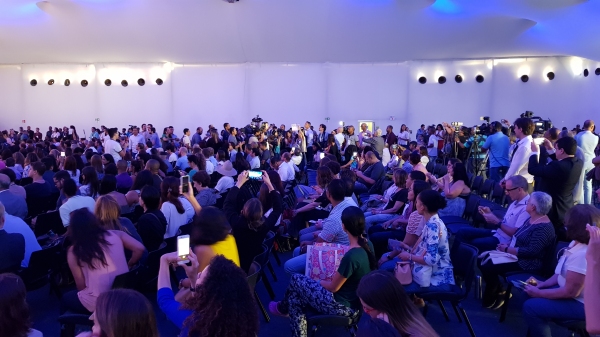
Politics is as much about consensus-seeking dialogue as about critical resistance to self-interested power. We should learn our children what democracy is, what it can be and should be. And above all, we should invite them to participate. Youth has an important voice in political dialogue, as that dialogue will always affect them as adults later on. (photo: youth protests during the opening plenary of the United Nations Regional Climate Week in Brazil; photo © Gaston Meskens)
